CBS News congressional correspondent Nancy Cordes will present the 2015 Annenberg Lecture, "Chasing the 'Scooby' Van and Tracking Trump to the Border: Covering the Wild Ride That is the 2016 Presidential Campaign."


CBS News congressional correspondent Nancy Cordes will present the 2015 Annenberg Lecture, "Chasing the 'Scooby' Van and Tracking Trump to the Border: Covering the Wild Ride That is the 2016 Presidential Campaign."
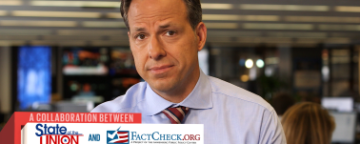
CNN's "State of the Union" and FactCheck.org, the nonpartisan fact-checking site, have announced a new partnership to create a weekly online video series looking at claims made in the 2016 presidential campaign. "State of the Union" anchor Jake Tapper will host the series.
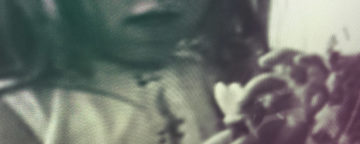
In two addresses to groups with the Council of State Governments Eastern Regional Conference, Kathleen Hall Jamieson spoke about the attack on fact in politics, and challenges facing the scientific community and the implications for state legislative policy.
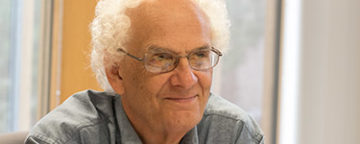
Rod Hart, former dean of the Moody College of Communication at the University of Texas at Austin, has joined APPC as a visiting scholar for the fall term. He is working on a book about civic hope, as expressed by ordinary citizens in a dozen U.S. cities over nearly 70 years.

A study by Annenberg Public Policy Center researchers finding that "The Colbert Report" educated viewers about campaign finance better than other media has been awarded 2014 Article of the Year by the journal Mass Communication and Society.
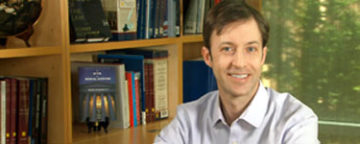
"Allegiance," a literary thriller by Kermit Roosevelt, a distinguished research fellow at the Annenberg Public Policy Center and constitutional law expert, is being published August 25. It draws on events surrounding the internment of Japanese Americans during World War II.
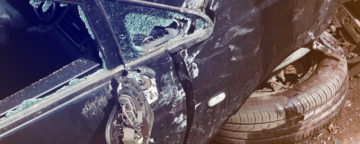
Dan Romer wrote in The Hill that guns, like cars, are a major cause of deaths and injuries in the United States, especially for young people. Yet we know so much about motor-vehicle deaths than guns deaths - because we study them.
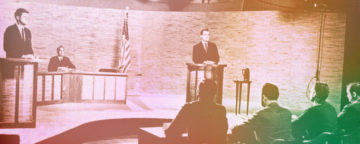
A new bipartisan Annenberg Public Policy Center report that proposes a serious overhaul of the 2016 general-election presidential debates to improve their quality, reach and relevance in the age of social media and an increasingly diverse electorate has drawn widespread media coverage.

Communication scholar Dietram A. Scheufele from the University of Wisconsin-Madison has joined the Annenberg Public Policy Center as a Visiting Scholar this fall. Seven postdoctoral fellows also have joined APPC, most researching the science of science communication.

Adolescents who have difficulty with impulse control may be more prone to risky sexual behavior, with consequences such as sexually transmitted diseases and unintended pregnancies. A study finds that individual differences in working memory can predict early sexual activity during adolescence.